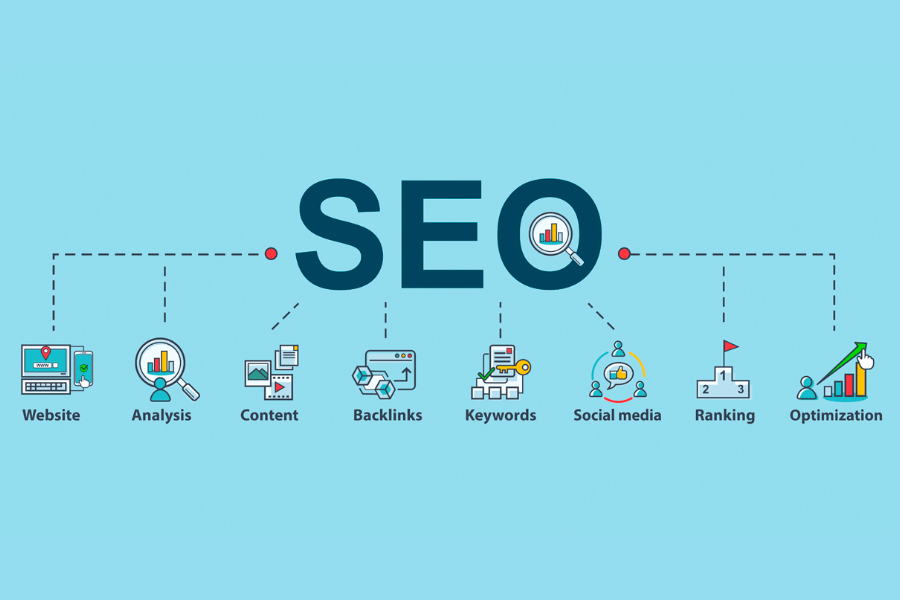Businesses in a variety of industries are feeling both excited and uneasy about the emergence of generative AI. Even though the potential advantages like more productivity, tailored customer experiences, and creative product development are obvious, many businesses view this technology with a mixture of interest and caution. We frequently come across a collection of important issues before to starting a generative AI project, which reflects a desire to comprehend the real-world ramifications and guarantee a successful implementation.
Onboarding and Initial Setup: What Does It Take to Get Started?
“What does the onboarding process look like?” is one of the first generative ai questions and answers that clients ask. They are curious about how to incorporate generative AI into their current processes. We clarify that the first step entails a comprehensive evaluation of their unique requirements and goals. We examine their existing data architecture, pinpoint possible applications, and establish precise objectives for the AI implementation. The next steps include choosing the right AI models and platforms, configuring the required APIs and connectors, and holding preliminary training sessions to acquaint their staff with the new technology.
Data Training and Customization: Can We Tailor the AI to Our Specific Needs?
It should come as no surprise that clients are eager to learn how their data will be used to train and personalize the generative AI models, since data is the lifeblood of any AI system. They frequently inquire, “How can we tailor the AI to our specific business needs and data?” We reassure them that a key component of our strategy is customisation. We collaborate directly with them to prepare and curate their data, guaranteeing its accuracy, applicability, and adherence to privacy laws. After that, we use strategies like transfer learning and fine-tuning to modify the models to fit their particular datasets and business environment.
Scalability and Integration: Will It Grow with Our Business?
As companies grow, their tech needs alter. Naturally, clients want to know about our generative AI solutions’ scalability and integration. Ask, “Can we easily scale the AI as our business grows, and how will it integrate with our existing systems?” Our solutions’ scalable design lets businesses easily add processing power, storage capacity, and model complexity as demands develop. Flexible data interfaces and well-documented APIs to interact with their CRM, ERP, and other critical systems are also important to us. This ensures that the AI may be integrated into their processes without issues.
Conclusion
Security, compliance, and ethics are crucial in the digital age. Clients want to know how we protect their data and apply AI responsibly. We calm their concerns by explaining our stringent security, data protection, and ethical standards. For vulnerability management, access control, and data encryption, we follow industry standards. AI governance models decrease bias, promote openness, and ensure fair and moral AI use.













